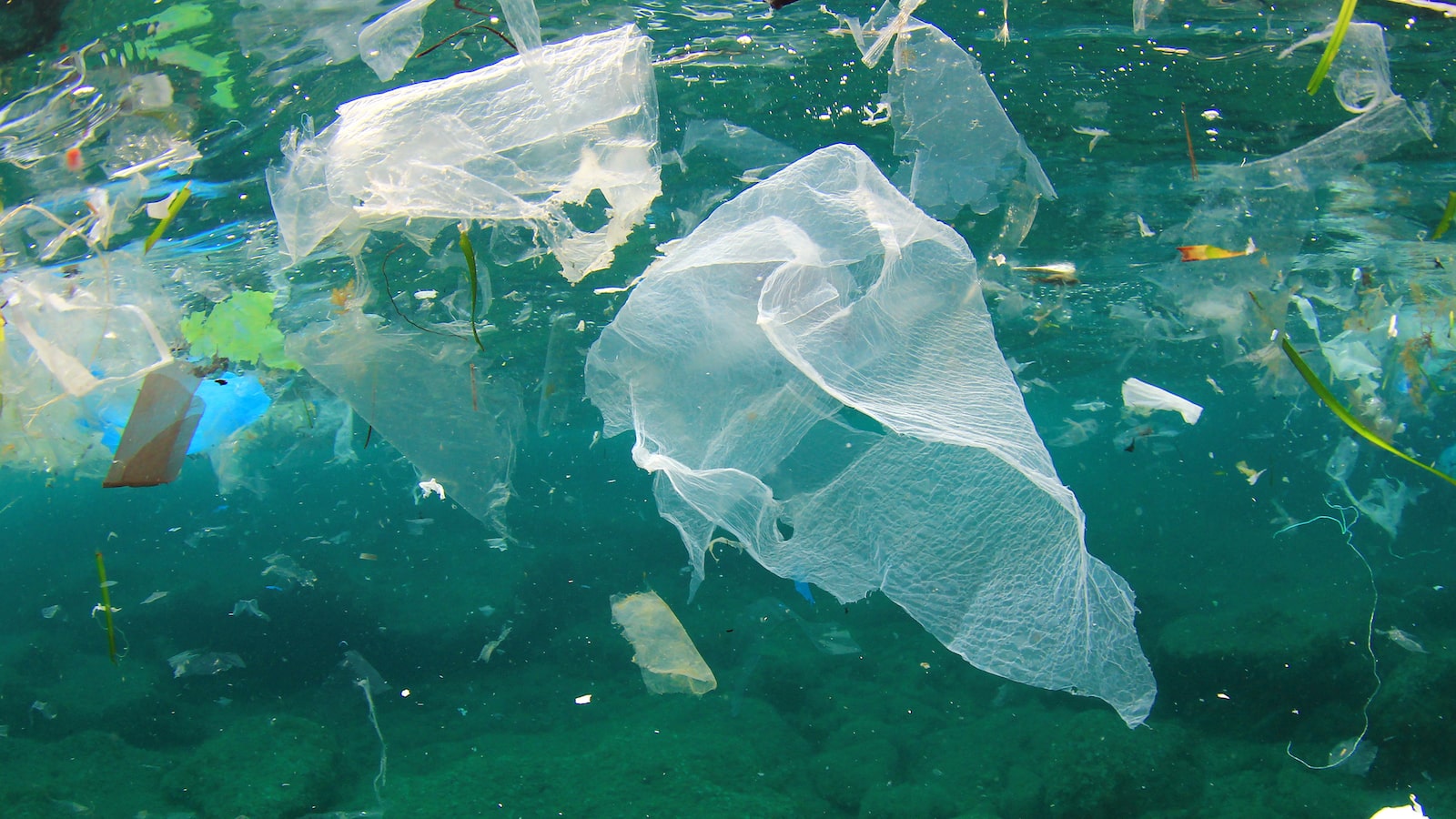
Oregon: Turn off the plastic tap
Environment Oregon outlines our legislative priorities for the 2023 legislative session, as we work to reduce plastic pollution, transition to clean, renewable energy, stop toxic threats, protect Oregon's wildlife and special places, and more.
Take Action
Every day, we see more heartbreaking evidence of the damage being done to our planet: climate change, plastic pollution, wildlife disappearing forever. But we also see solutions all around us: solar and wind power, cities that are increasingly more walkable, bikeable, and transit friendly, restoring critical wildlife habitat, and more. At Environment Oregon, our mission is to transform the power of our imaginations and our ideas into change that protects these special places and makes our world a greener and healthier place for all.
Here are our program priorities for 2023.
Nothing we use for a few minutes should pollute the environment and harm wildlife for hundreds of years. Plastic pollution is creating an environmental disaster for ocean wildlife: plastic and other marine debris kills millions of sea turtles, seabirds and marine mammals every year. Plastic also contributes to climate change at every step of its lifecycle, from production to pollution. It’s time to move beyond single-use plastic by getting rid of the most harmful waste, and stopping the use of things we truly don’t need.
That’s why Environment Oregon supports:
We generate way too much waste, and companies use their power in the marketplace to make things harder to repair. This only adds to the amount of waste going to landfills. We support Senate Bill 542, which would give every Oregonian and every small business access to the parts, tools, and service information they need to repair products.
From extreme drought, heat and wildfires to rising seas that put our coastal communities at risk, Oregon is already facing the impacts of global warming. These consequences, and others, will only grow worse unless we cut the carbon pollution fueling global warming and continue Oregon’s transition to 100% renewable energy.
That’s why Environment Oregon supports:
There are more than 80,000 chemicals on the market in the United States, most of them put directly into use without testing the long-term consequences for our health or their impact on our environment. We should make sure that any chemical in use is safe, eliminate those we know are dangerous, and stop using any that are damaging healthy ecosystems.
Environment Oregon supports:
Home to diverse wildlife from the smallest krill to large gray whales, the ocean off of Oregon’s coast — and the ecosystems they support — are worth preserving for future generations. We support HB 2903 to fully fund Oregon’s marine reserves program and ensure its continued success. We also support finding opportunities to protect even more special places off of our coast.
Transportation is Oregon’s number one source of global warming pollution, with greenhouse emissions from cars, trucks, buses and other vehicles surpassing every other source. We simply can’t solve global warming without changing how Oregonians get around. Environment Oregon supports policies that encourage the shift to zero emission vehicles and reduce the need to drive by making it easier, cheaper and more enjoyable to travel on foot, bike or public transit.
The term “Oregon farms,” elicits thoughts of our state’s core values: small farms, clean air and water, and healthy local food. Unfortunately, in recent years, mega-dairies and large chicken farms have been moving into rural Oregon and polluting the air with dangerous gases including methane, a powerful greenhouse gas, and contaminating surface and groundwater with nitrates, pharmaceuticals, and pathogens. We support stopping the expansion of mega-dairies and large chicken farms in Oregon. (HB 2667)
It's time to say farewell to fluorescent bulbs.
SEND A MESSAGE
As director of Environment Oregon, Celeste develops and runs campaigns to win real results for Oregon's environment. She has worked on issues ranging from preventing plastic pollution, stopping global warming, defending clean water, and protecting our beautiful places. Celeste's organizing has helped to reduce kids' exposure to lead in drinking water at childcare facilities in Oregon, encourage transportation electrification, ban single-use plastic grocery bags, defend our bedrock environmental laws and more. She is also the author of the children's book, Myrtle the Turtle, empowering kids to prevent plastic pollution. Celeste lives in Portland, Ore., with her husband and two daughters, where they frequently enjoy the bounty of Oregon's natural beauty.
Report ●
